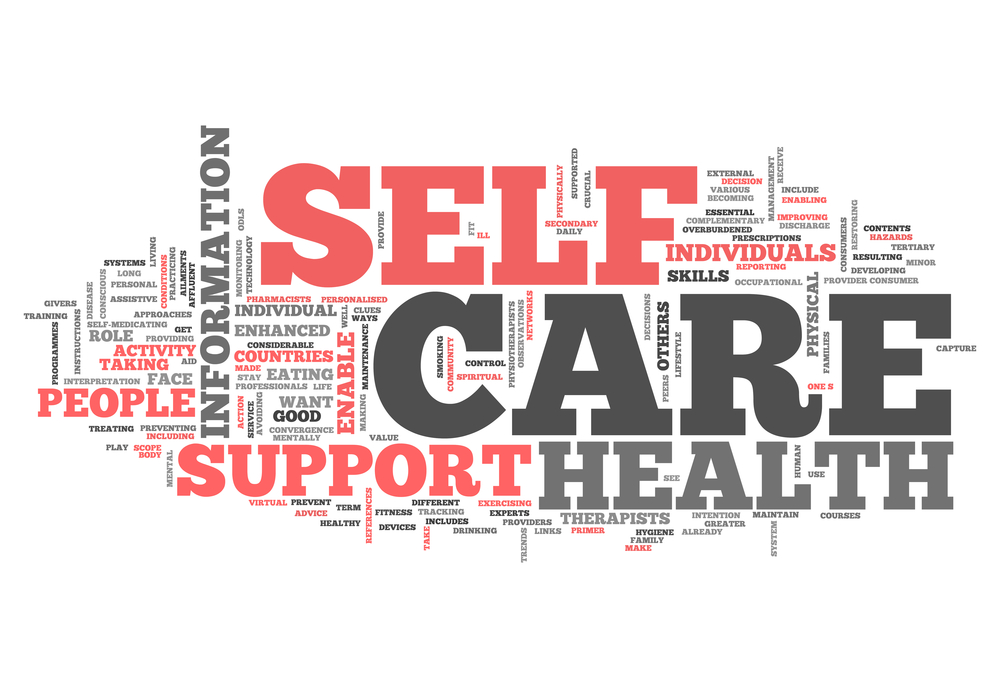Time to Stop Worrying About What People Think of Me
Written by |

I ended up with a really nasty urinary tract infection (UTI) a couple of weeks ago that I could only get rid of after two attempts of using two different antibiotics. Because I am an immunosuppressed patient, any type of infection puts me in bed for at least a week before I even begin to make headway in getting over it.
It was really good to finally be out of pain 14 days later. This was not only a relief for me, but also for my family and friends who knew I had been feeling so unwell.
The problem is that although the infection is gone, unfortunately, this doesn’t mean that everything automatically returns to normal. My body became extremely battered while trying to cope with the UTI, and as a result, I’ll be exhausted at least for the next month. Completing an obligatory period of rest until the medications work does not mean I am “all good to go” again. For me, infection of any kind is an illness that just keeps giving.
I feel that it is often difficult to explain this to others without looking like a hypochondriac. The fact that I’m basically going to be out of circulation for another few weeks just seems so very disappointing to friends.
The interesting thing about all of this is not so much people’s expectations, but rather my own. Not only do I feel embarrassed trying to explain that I’m unable to just “come right” once the antibiotics kick in, but also my mind goes into overdrive wondering, “What will people think of me?”
I eventually come up with an array of different theories depending on the person involved. These range from certainty I’ll be labeled as a pathetic weakling, drama queen, or attention-seeker to someone who is trying to avoid people, responsibility, or social occasions. Worst of all, I worry that I’ll appear to be someone who simply doesn’t value my loved ones and that I’m a bad friend.
The danger of this way of worrying means that I can fall into the trap of trying to look after others rather than myself. This translates into forcing myself to visit people or receive visitors way before I am ready to, which leads to an even more prolonged period of recovery. It also means plenty of harsh thoughts about myself.
How can I be a good friend to others, if I cannot firstly be a good friend to myself?
The way in which I think about myself clearly contributes to how I ultimately decide to take care of myself. Thoughts of how terrible I am as a friend are not self-loving thoughts. They are punitive and mean, they force me to do things I cannot cope with, and they don’t make me better.
It has occurred to me that good self-care is not simply about the practical things. While staying in bed, eating well, and sleeping when I need to are extremely important, it’s also crucial to take care of my mental and emotional well-being.
I’ve given these things much thought as I begin the second phase of my recovery: recuperation from exhaustion and fatigue. As I’ve been resting, it has become clear to me that people will believe what they want to believe, regardless of whether I “put in an appearance” or not.
Looking after myself while I recover has now become just as much about kind, loving, and encouraging thoughts about myself as it has good food, plenty of rest, and lots of fluids.
So dear reader, with this in mind, I must wind this column up now and go for a nap — my recliner awaits!
***
Note: Scleroderma News is strictly a news and information website about the disease. It does not provide medical advice, diagnosis, or treatment. This content is not intended to be a substitute for professional medical advice, diagnosis, or treatment. Always seek the advice of your physician or other qualified health provider with any questions you may have regarding a medical condition. Never disregard professional medical advice or delay in seeking it because of something you have read on this website. The opinions expressed in this column are not those of Scleroderma News or its parent company, Bionews Services, and are intended to spark discussion about issues pertaining to scleroderma.







Leave a comment
Fill in the required fields to post. Your email address will not be published.